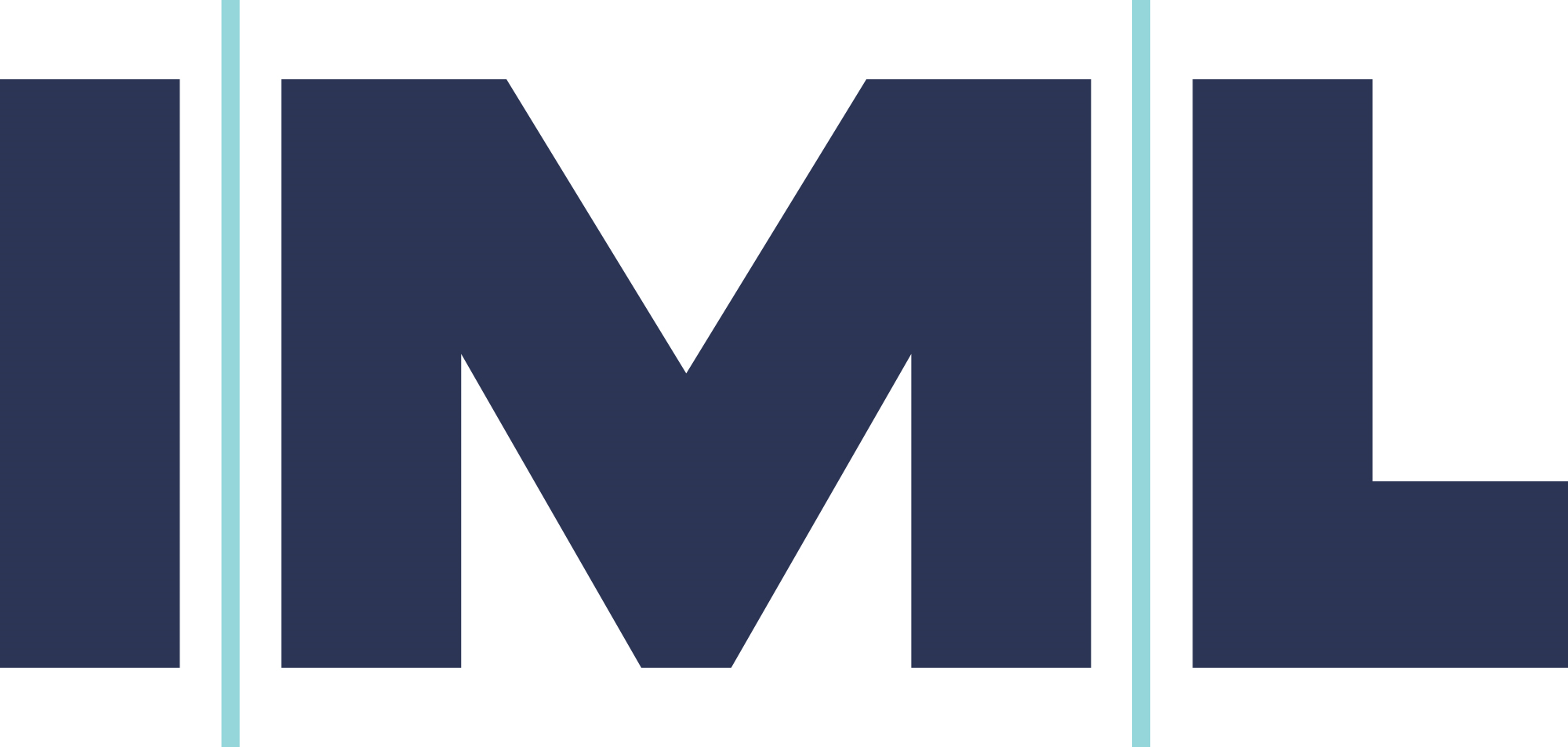Why has ResMed rocketed up and is the ride over?
Shareholders of ResMed (ASX: RMD) have been on a rollercoaster ride in the past year. Late last year, after news of the efficacy of Ozempic and other GLP-1 drugs came to light, the ResMed share price dropped as investors grew concerned about the potential impact on ResMed’s business. But since then it has steadily made up lost ground and is now trading at similar levels.
- But what has driven the share price appreciation?
- Has the Ozempic effect hit yet?
- And does ResMed’s rally have further to go?
Lightly edited transcript
Jason Guthrie: Hello and welcome to Navigating the Noise, a podcast by Natixis Investment Managers Australia, where we bring you insights from our global collective of experts to help you make better investment decisions.
I’m Jason Guthrie, Head of Wholesale Distribution, and today I’m joined by Bruce Du, one of IML’s most experienced equity analysts to discuss our stock of the month, ResMed.
Bruce, welcome to the podcast.
Bruce Du: Hi, Jason, great to be here.
Jason: So, Bruce, it’s been a while since we caught up, but ResMed, one of IML’s healthcare names. It’s been in the financial news a lot lately and 35-year-old company that generates plenty of cash, but it’s certainly been a rollercoaster ride for investors in the share price over the last six or nine months.
Before we get into what’s really driving that volatility in the share price, some of our listeners may not be overly familiar with ResMed, so maybe let’s go back to some of the basics. Who are ResMed, what are they producing and how do they actually make a profit?
Bruce: Sure. So ResMed (ASX: RMD) is the leading global sleep and respiratory care company. Essentially what they do is the core business makes products used to treat sleep-disordered breathing, and the most common form of sleep-disordered breathing is obstructive sleep apnea (OSA).
Essentially, it’s a condition where, when a person is sleeping their airways collapse and typically that will result in an inability of oxygen to get into the body and over time, it’s been shown that that has detrimental impacts on your health. So ResMed makes devices, software, masks to help patients treat that sleep apnea and essentially what it does is, it’s like a vacuum cleaner, but a reverse vacuum cleaner that blows air into the airways to keep it open to enable patients that have obstructive sleep apnea to breathe properly.
The business, as you said, was established in 1989. It’s now the global leader in what it does, so it’s got scale manufacturing.
The products, in terms of the devices, you can think of it as a bit of razor and a blade model that you’ve got a device, which sort of blows the air, and then you’ve got the masks and the tubing, which are connected to the patient and that’s sort of the consumable and that needs to be replaced typically 2-4 times a year.
Jason: Certainly a pretty interesting business and an important sector, typically a defensive sector as well in healthcare. Can you now maybe touch on the current thesis for ResMed? Why do the team at IML think now is the time to really own the stock?
Bruce: Yeah, so look, we have been owners of ResMed in the past, haven’t owned it for a while, and it really sort of came onto our radar, I guess, late last year. A lot of listeners may have heard of GLP-1 drugs, which sort of became quite fashionable over the past 12 months, but GLP-1 drugs have essentially been around for about 20 years and it’s a class of drugs that was originally used to treat diabetes, that’s also found to have delivered good weight loss.
Why that’s important is because sufferers of obstructive sleep apnea are typically quite overweight and with weight loss, you can potentially improve or reduce the severity of the sleep apnea. And with some of the newer generation of GLP drugs coming out, the market took a view that that could be quite disruptive to ResMed’s core business and we saw the share price sell off quite materially around August, September of last year.
For us, the thesis for owning ResMed, one, it operates in a market with a very favourable market structure. ResMed is the dominant player, and even before the number two player, Philips, ran into trouble, ResMed had about 40%-45% market share.
So, it was the number one global leader with a strong market position. Sleep apnea is also very underdiagnosed, and so there’s a very long growth runway. So if you think about the US market, which is the largest market, there’s circa 40 million US adults with sleep apnea, of which maybe 5 or 6 million are currently being treated. And globally, there’s probably about a billion patients with OSA.
Thirdly, the revenues in the business are highly recurring. As I mentioned before, the razor and blade model, once you’ve got patients diagnosed, they get a device and then you’re selling the masks, two to four masks per year, which are very high margin. And then lastly, the returns in the business are very attractive. If you look at the history of the business, you’ve had return on equity and return on funds employed in the business consistently over 20%.
So those are really the reasons why we’ve liked the business in the past and with the disruption that the GLP-1 noise caused, we saw it was a great opportunity to build a position in the business again.
Jason: So obviously, a position your team has held in the past and done a lot of work on it and sounds like it’s generating great cash flows, and that was a real catalyst back in August. Did the team actually buy in August or was it a bit further down the track?
Bruce: Yeah, so the share price, I think, took a bit of a dive in August and we spent a bit of time actually looking into it. I spoke with a number of sleep physicians over in the US, did quite a bit of work, spoke to the company, spoke to some of their competitors to really understand what the newer class of GLP drugs could mean.
And we took the view that even if GLP-1s in the long term were to be disruptive, we thought it would take a number of years. And if you look at the valuation of the stock from August to maybe September-October, the PE of ResMed derated from over 30 times to about 17 times.
And when the market derates a company to that extent, it’s telling you that they think that there’s something permanently impaired with the business model. And based on our research, we thought that that wasn’t likely to be the case, at least not in the short or medium term.
So essentially what’s been found out since with some of the studies of GLP-1 drugs is that patients, for example, who suffer apnea events, so essentially suffocation while they sleep, those patients who are severe have about 50 disturbances per hour per night. And what we’ve found is with these newer drugs, it potentially reduces the disturbances through weight loss to about 20 to 25 times. So it’s a decent reduction, but the patient still has a number of times per hour where they’re essentially suffocating. So we don’t think that those patients can be completely cured without ResMed’s devices. And so we were quite comfortable taking a position.
The other things that we considered were the fact that these GLP drugs are daily injections. So we’ve already got quite a bit of data suggesting that the adherence rate to injections over time is actually quite low, particularly at the 12-month mark. So all of these things made us pause and question just how disruptive the drug would be to ResMed’s share price. And we thought at 17 times earnings, a lot of that negativity was already baked in.
Jason: You’ve certainly seen that recover, particularly over the last month as the price has really ripped higher and so it’s been a good trade for the team to date, a company you guys know really well, portfolio is seeing good gains in a pretty short period of time. Do you think it’s fully priced now ResMed or you think there’s still upside there, given some of these kind of risks seem to be reducing?
Bruce: I’d say the share price is probably about fair. So on the one hand, part of the reason why I think the share price has done well is because notwithstanding the strong uptake of these drugs, we’ve actually seen pretty strong earnings growth come out of ResMed in the last two quarters. So at least in the short term, the impact that GLPs are having on ResMed’s market is fairly minimal. Over the medium-to-longer term whilst these drugs may potentially reduce the need for some patients to use ResMed’s products, the fact that so many patients are undiagnosed, if you get the likes of Eli Lilly and Novo Nordisk, who are the big makers of GLP-1, starting to market these drugs for sleep apnea, we actually think that could drive more patients into the funnel and over the short to medium term potentially benefit ResMed.
The other consideration we have is just the position of the number two player or X number two player Respironics. They’ve had significant issues with safety recalls of their product and it’s meant that ResMed has really come to now dominate the OSA market: probably in North America, 80% market share.
So I think ResMed has got a lot of momentum. They’ve also increased their focus on costs, so you’re seeing strong revenue growth now translate into strong earnings growth. However, with the significant rerate of the share price, I think it’s about fair value at the moment.
Jason: Fantastic. Well, it’s a fascinating area. We might wrap it up there, Bruce. It’s been really great to chat today and get your insights on IML’s stock of the month, ResMed.
Thank you to our listeners. Please continue to provide your feedback on these sessions and tune in again very soon to hear from our global collective of experts.
Investing in quality Australian companies since 1998
We apply the same quality and value-based approach to investing that has successfully weathered all market conditions for 25 years. We invest confidently, but conservatively, so that our clients can enjoy their lives without worrying about their investments. Learn more here.

1 stock mentioned
1 fund mentioned

